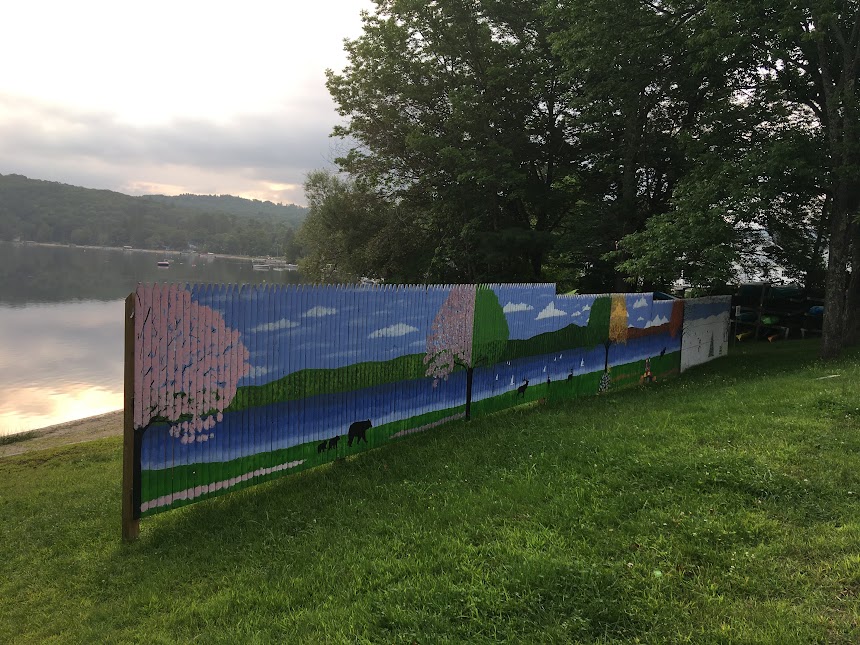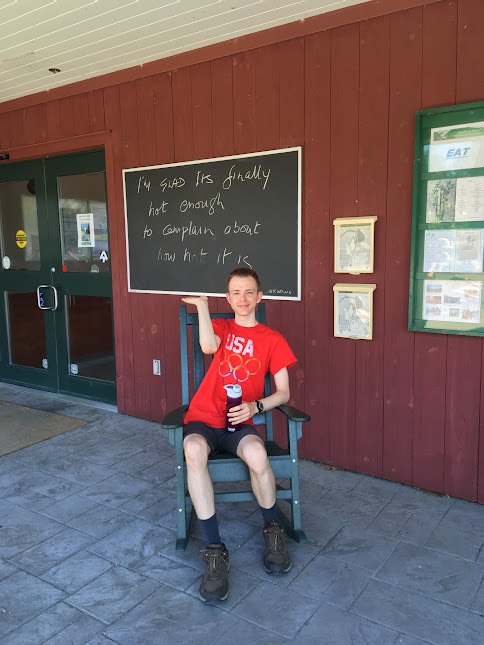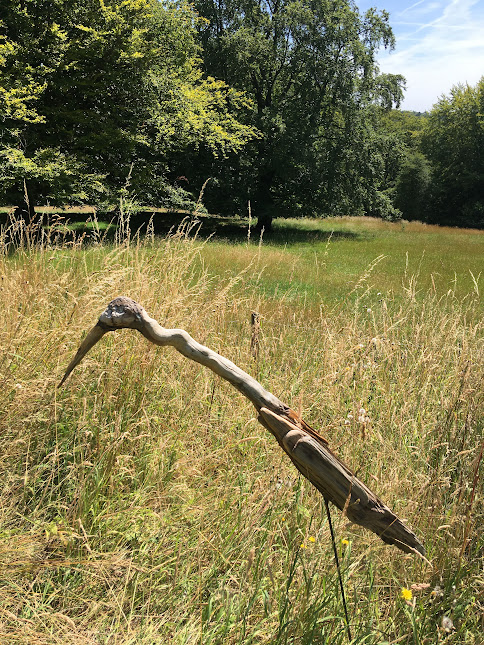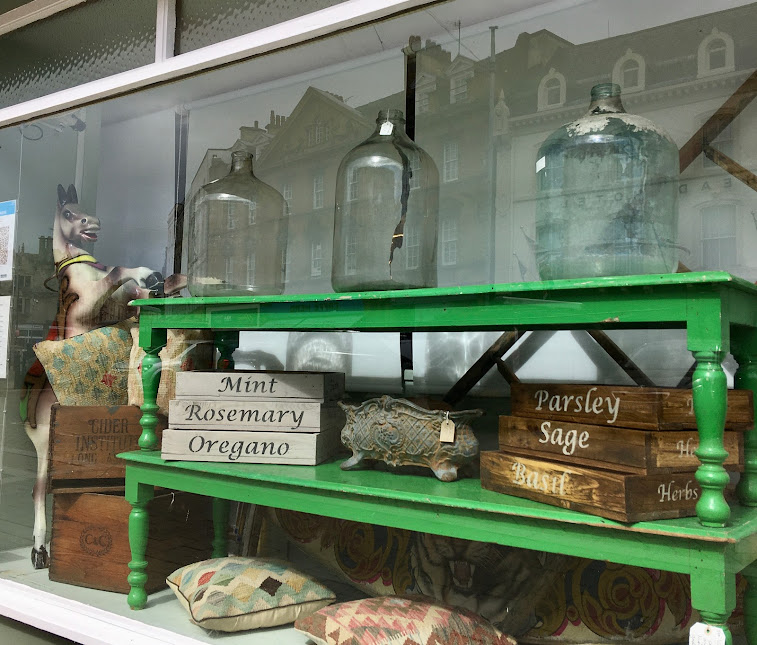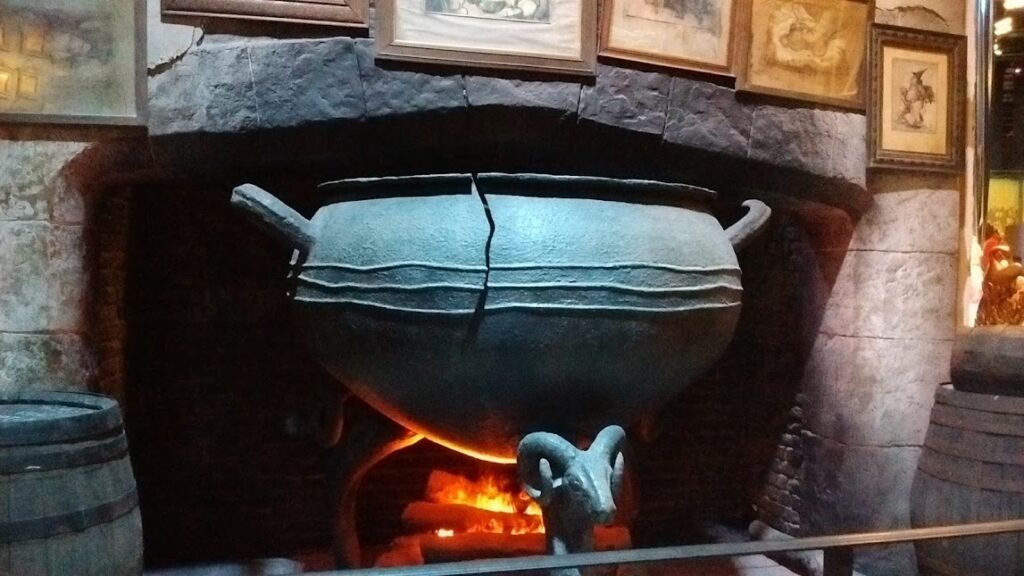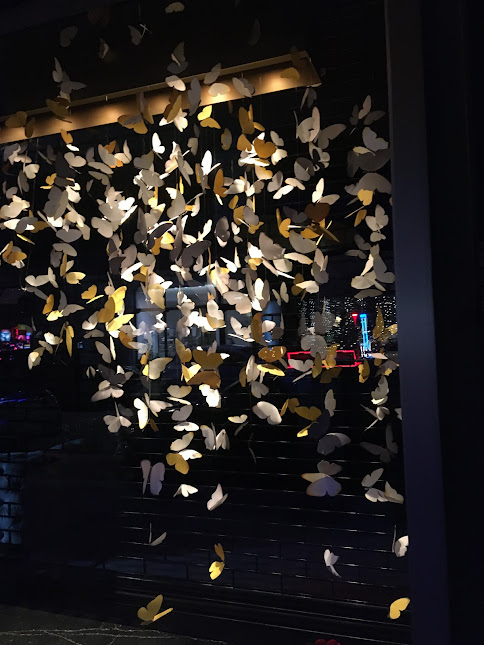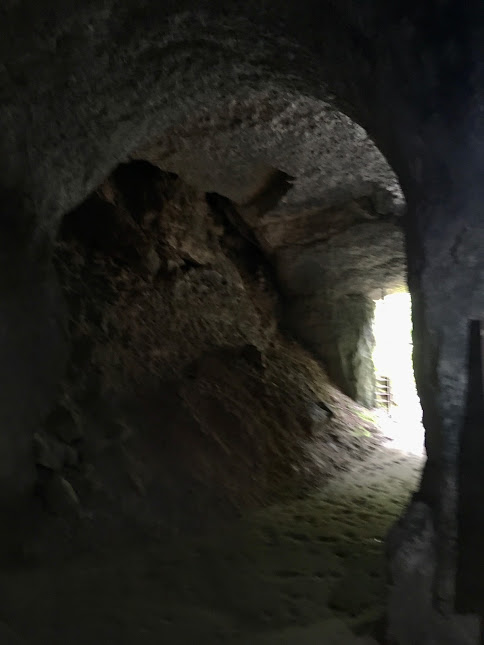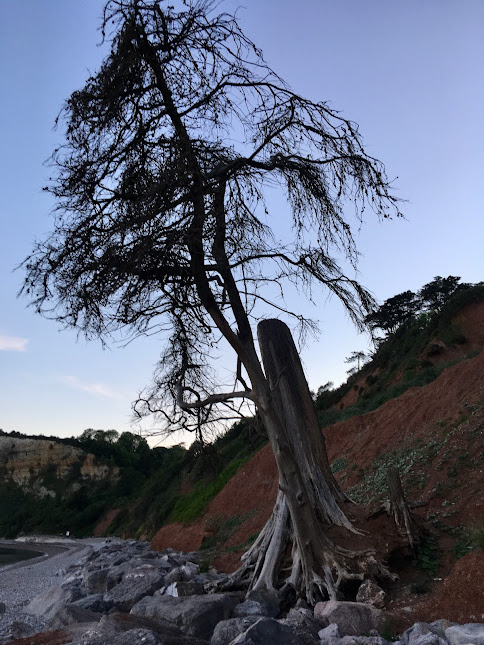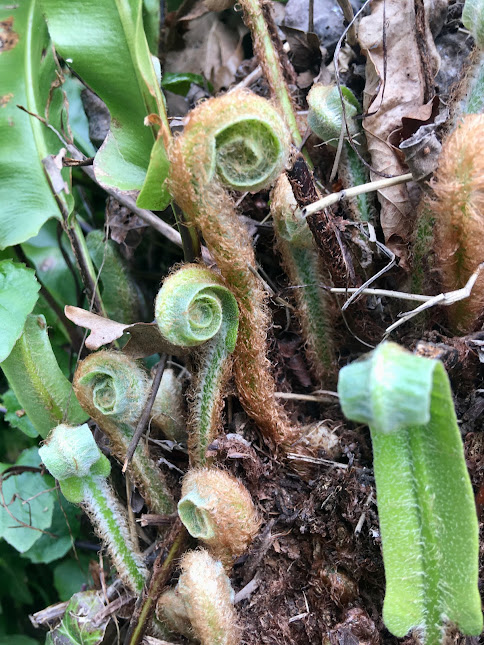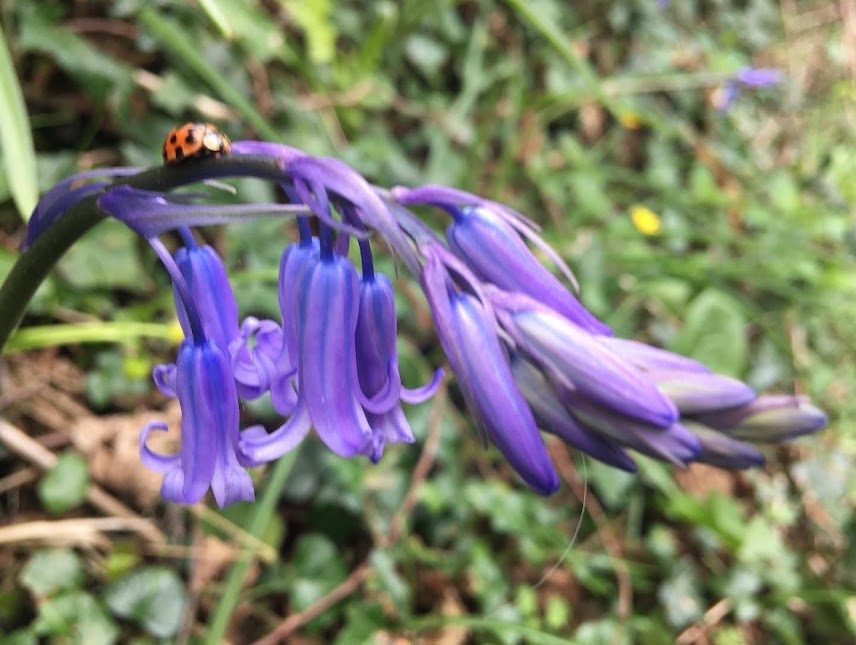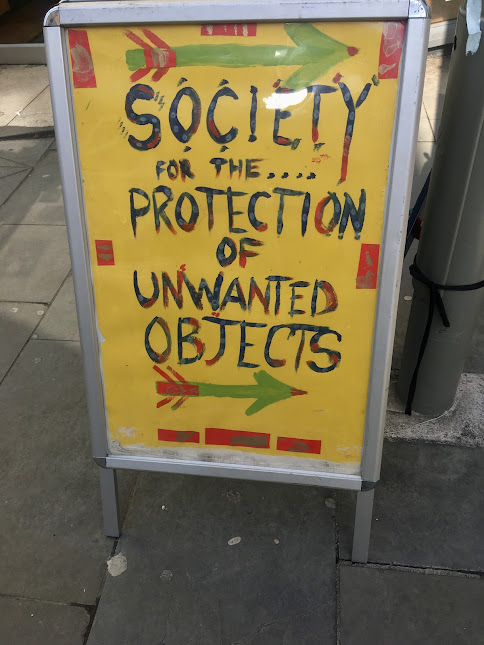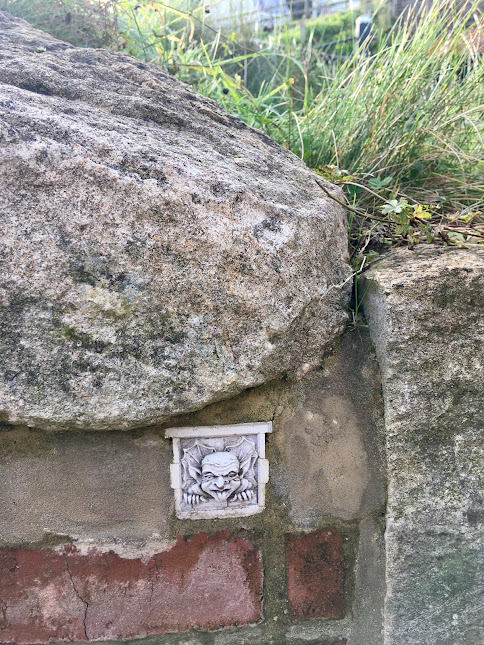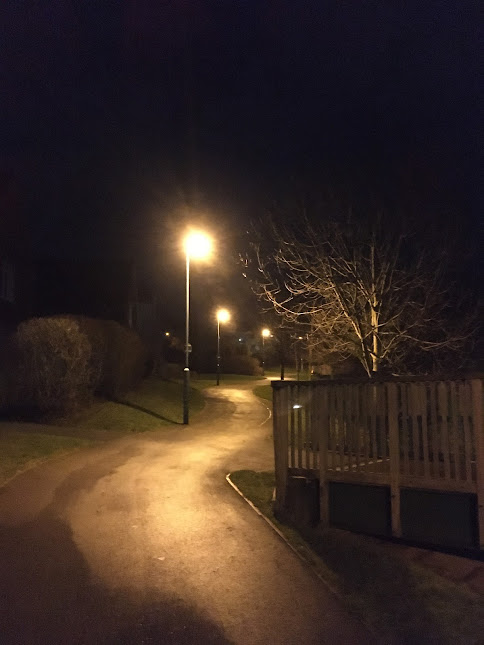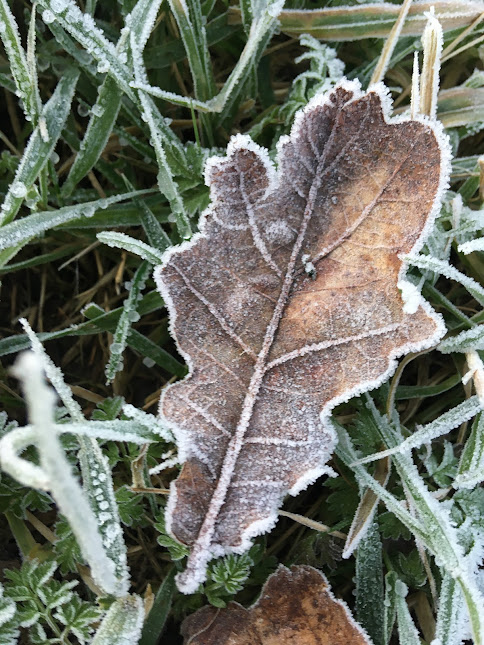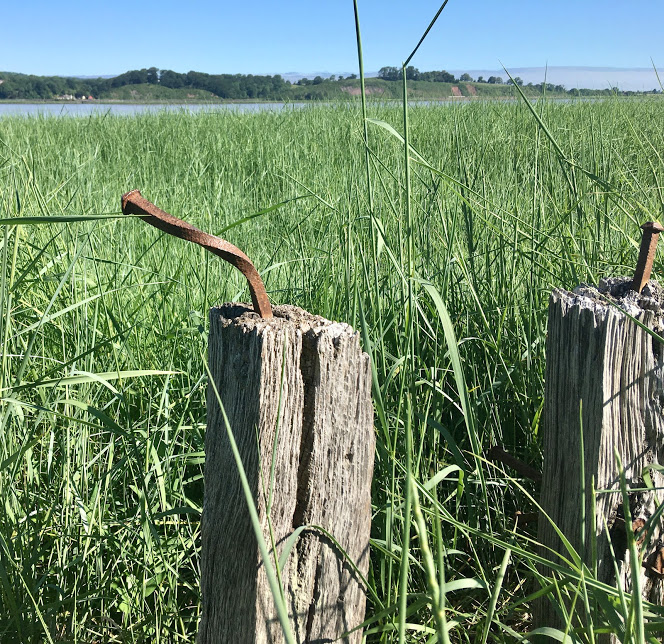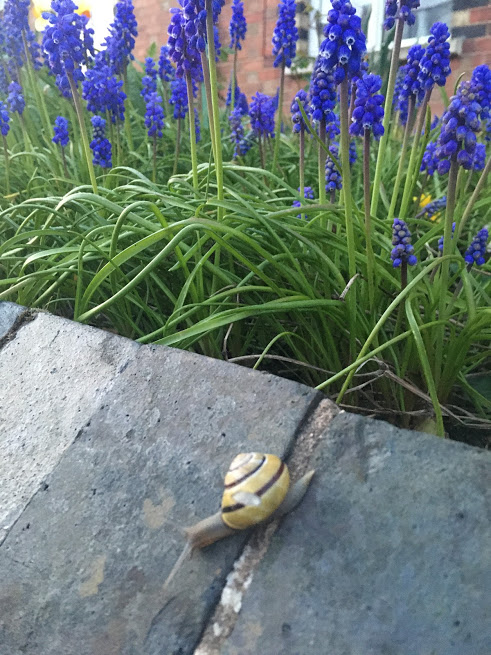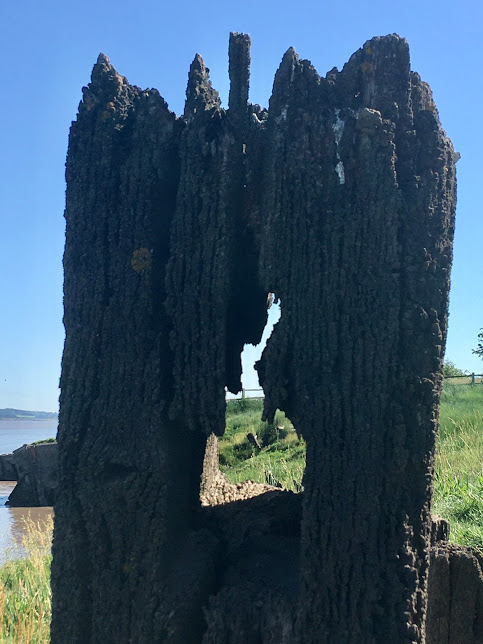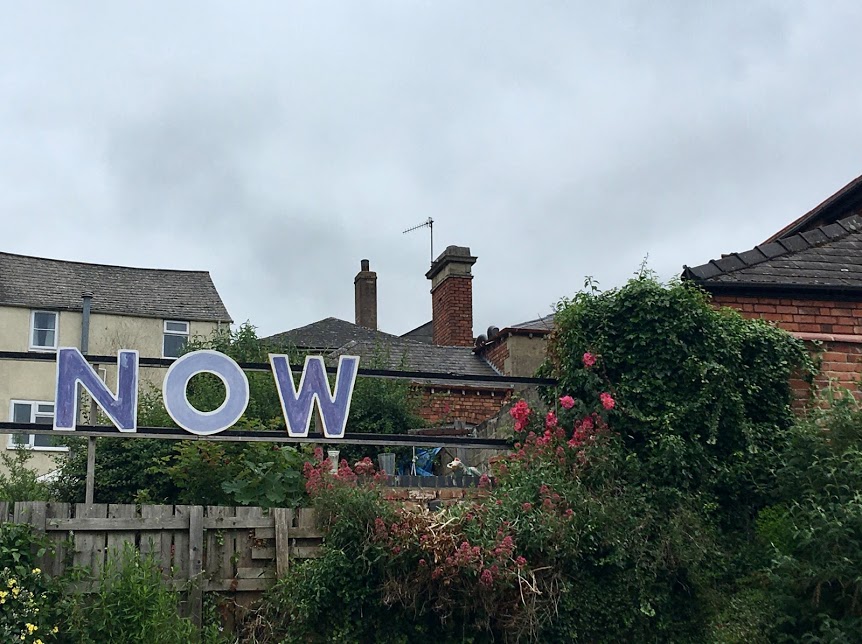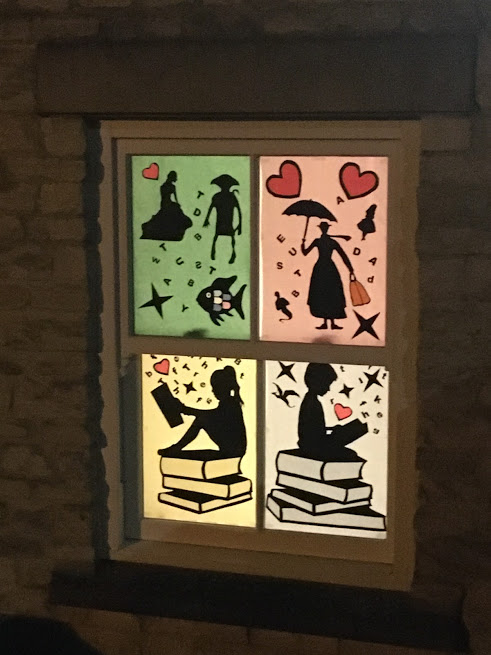This Week’s Bit of String: Can we fit it? … Yes we can
Packing time! 48 hours now till I’m on my flight to New Hampshire, to my son, my parents and siblings and childhood home, friends and haunts. To lakes and mountains and trees, to root beer and Dunkin’ Donuts.
I’m already getting distracted. My point is, time to decide what goes in my suitcase. They’ve changed the allowance from 23 down to 20 kilos maximum. This should be ok; I know by now what not to bring. I don’t need much in terms of dressing up or fancy footwear. I don’t need many books for myself because I often don’t get time to read; it’s all I can do to find moments for daily scribbles so I don’t forget all I’ve seen, what was said.
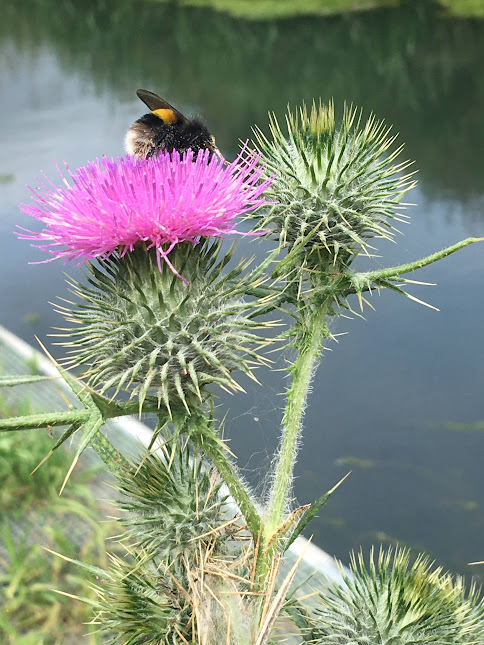
Concurrently with my packing, and with cleaning the house and weeding and trimming the garden before I go, I’m going deep with novel edits. This is only my second pass through my story of Eve. It’s familiar territory but not quite as much as an Aer Lingus flight from Bristol to Boston. I’m still learning what I really need and what I might not. It will take me a few more journeys to figure that out, I suspect.
The Days are Just Packed
Even more than keeping my suitcase light and my writing clear and engaging, planning the time while I’m away is a huge challenge. Thanks to working in school and getting a longer summer holiday, I have three weeks in my native country, but that isn’t much when it’s also one of my only chances to Mum for the whole year.
One thing I’ve learned as a writer—and parent—is that the worst thing we can do is tell ourselves there’s plenty of time. It sounds a bit sad, but most people I’ve discussed this with seem to feel the same.
If we are busy, we know we have to dedicate time to something. If we have more free time, we develop a more cavalier attitude and assume we’ll get to everything we want to do.

There’s so much fun I want to have with my kid, and with the rest of my family. We’re hoping to try tubing down a river with rapids and a covered bridge. I’d love campfire chats, board games, kayak sessions, listening to music together, maybe get him to build/ squash a sandcastle or two for old times’ sake. But he’ll also be working, so I’m looking forward to joining him at summer camp for writing workshops, and cooking some of his favourite dinners for when he gets home. We have things we need to troubleshoot together; job applications to fill out and things like that.
Being apart means I feel ready to appreciate even the work of it. Baking in a hot kitchen, coming up with cover letters for prospective employers. It’s not what everyone looks forward to doing when on vacation, but I will feel privileged to do it when I’m finally around more people I love.
Summer Goals
Do you have any aims for the summer? The Internet is rife with reading lists and exercise recommendations. I find them daunting. I just want to read and exercise daily and I’m going to have to be flexible about that.
Exercise: I’ll keep up my daily early morning hikes. No choice; I’m addicted. But I’ll also be incorporating 10 minutes of stretches, at least every other day because the last term at school viciously made me feel my age and then some.
Self-care: Also, I want to have a bath and soak the stiffness out. We don’t have a bathtub here in the UK but my parents do in the US, and on this matter my sister holds me very accountable. She’s already on my case. I’ve got the Lush bomb for the occasion. That’s it, that’s the goal.
Reading: If I can read almost every day, I’ll be happy. So far so good, since school ended last week. What utter bliss, once a morning hike has been completed, and then a bunch of chores and visits sorted, to stretch out with a book for an hour in the afternoon. I’m hoping to keep that routine going while away, and clear five books from my own, personal TBR list this summer.
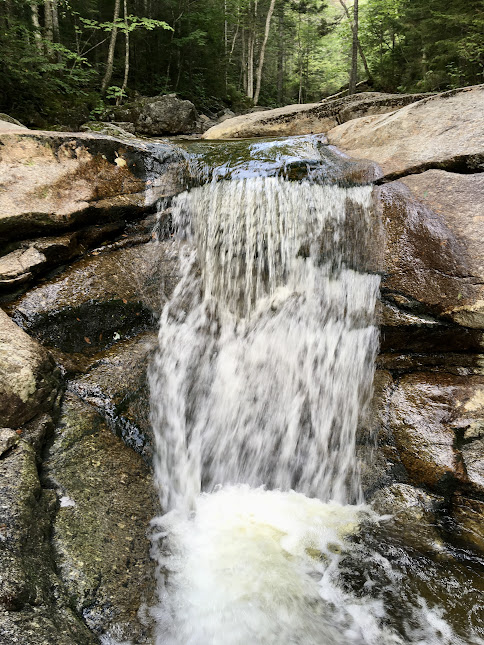
Writing: There are my daily scribbles, of course. I’ve got a luscious thick notebook for observations, memories, exchanges, ideas. It should last me the weeks I’m away, and keeping up with everything I want to remember is a big commitment. However, I’ve also been pushing myself this summer to sit down and put focused effort into a writing project, for a couple hours maybe four times per week. I had lost the habit of that, since I could only write in small windows of time. It feels so good to stretch my concentration muscles again, to sit editing and not letting myself get distracted. I’d forgotten I was capable of it!
Parenting: My number one priority for the next three weeks. Anything that makes me feel like a mum again will do. Hearing complaints face to face instead of reading a Facebook message. Teaming up to show his dad Field of Dreams so he knows what we’re quoting when we say things like, “Peace, love, doooope!” All of it.
My goals are probably a bit more open-ended than targets are meant to be, but I prefer the term feasible. I advise a slightly gentle approach, because you never know what crises might come up. Do whatever it takes to enjoy each moment, whether it’s relishing a challenge or making yourself relax for once.
